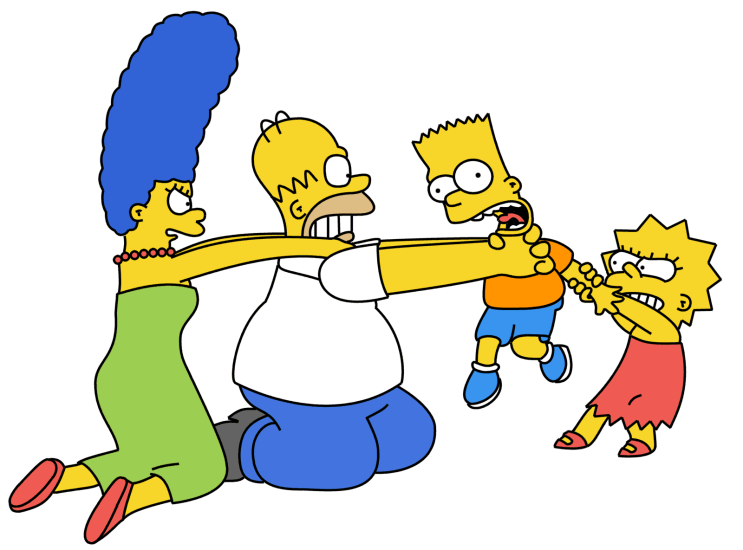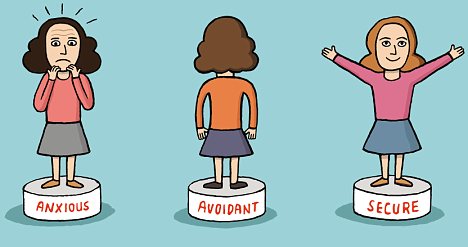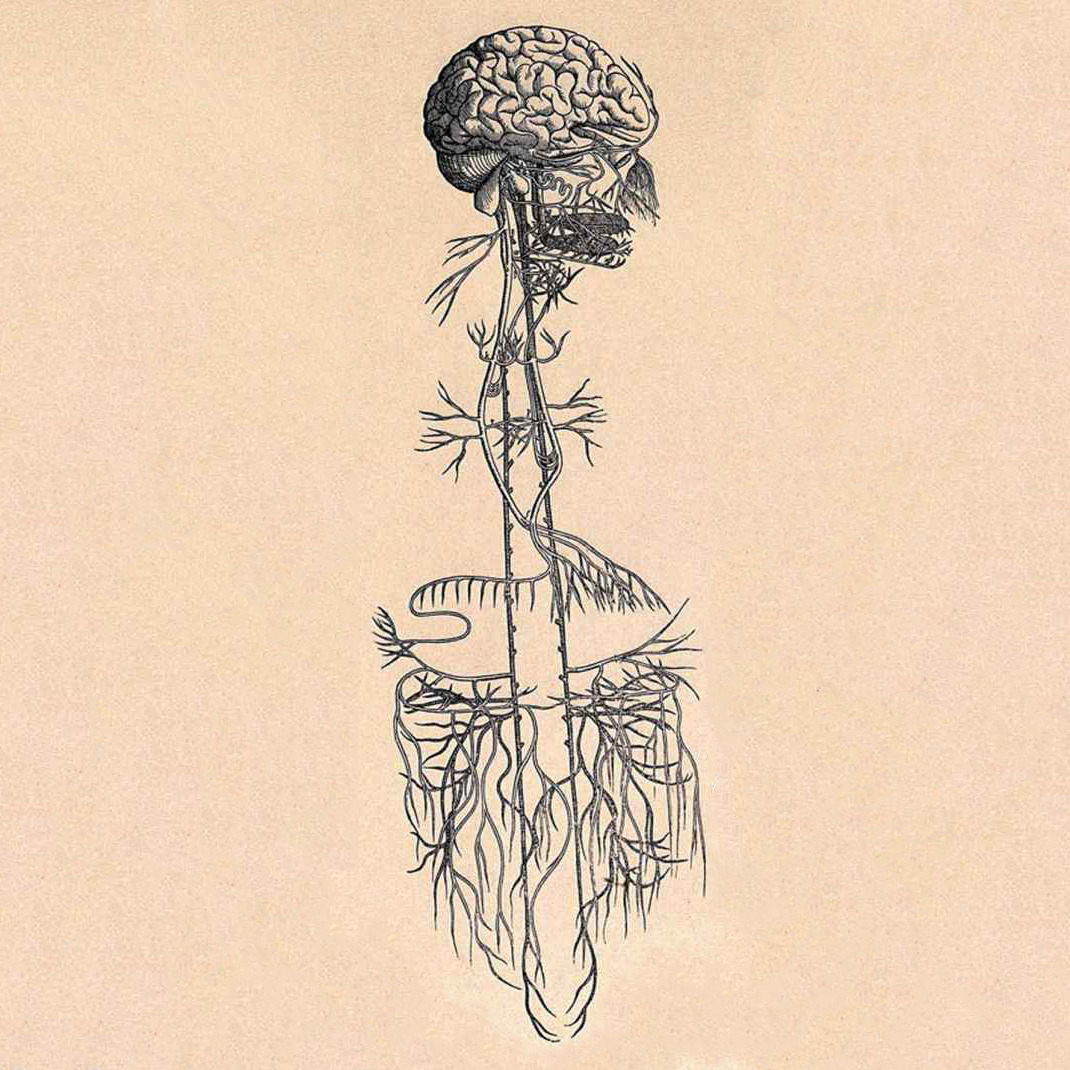Adults who grew up in homes where one or both parents were alcoholics (aka Children of Alcoholics or COAs), or where there was other significant dysfunction, often have the hardest time navigating intimate relationships as adults.
We humans tend to internalise the models our parents or caregivers showed us, using those as blueprints for our adult relationships. So with wonky internal models these adults have to do the hard work of resetting that original wiring in order to have a different experience in adult relationships. The equivalent, I reckon, to emotional rocket science.
I’ve written before about relationships – topics such as boundaries, attachment style and interpersonal conflict. Now I’ll focus now on some common factors COAs have in common, and some resources that might help on the brave journey of re-wiring.
First a caveat; dysfunction can come in all sorts of shapes and sizes. The impact of these dynamics and experiences on a child will depend on their temperament, their role in the family, other resources and supports available to the child, how protected they were, and how chronic the dynamics were, amongst other factors. And yet sometimes the struggles taken into adulthood are fairly similar.
Common struggles of children from alcoholic or dysfunctional homes
In my practice I see clients who grew up with significantly dysfunctional parents struggle with similar things:
- knowing what a healthy relationship feels like
- getting getting stuck in the helper/understander role and minimising or ignoring their own needs
- black and white thinking (aka all or nothing thinking)
- repetitive unhelpful dynamics in relationships (e.g. persuer/distancer) and difficulty in shifting them
- shame and self-blame
- over-reacting to present situations because it reminds them (unconsciously perhaps) of past situations
- self esteem often suffers; depression and anxiety are common.
I found a list from Alcoholics Victorious that is more detailed:
- Guessing at what is normal.
- Difficulty having fun.
- Judging themselves mercilessly.
- Difficulty with emotional relationships.
- Feeling “different” from other people.
- Tendency to be impulsive.
- Either super responsible or super irresponsible.
- Desperately seeking approval and affirmation.
- Suffering from chronic anxiety.
- Lacking self discipline.
- Compulsive liars.
- Suffering from a critical deficiency of self-respect.
- Fear and mistrust for authority figures.
How to change these patterns?
Ah, the million dollar question that I get asked a lot. I don’t feel like an expert here since I haven’t done specific research on the topic in relation to COAs but here’s my take:
1. Awareness (+ Courage + Vulnerability)
I think awareness is the first step. Awareness of patterns, attachment style, the impact the past has had, the capacity and strength in the present, coping strategies. i.e. shedding light on what is unconsciously causing suffering.
But courage needs to come alongside awareness. Courage to be vulnerable. Courage to see ones patterns clearly. I am often so impressed with the courage and vulnerability I see in clients, and their commitment to change. And indeed sometimes it’s harder for people to garner all that gusto. Fair enough. I’m sure there’s a good reason. It’s certainly a process to get to the “I’m ready for change” place. Exploring the ambivalence is a key part to change.
2. Skill-building – both inner and outer relating skills
This could involve psycho-edcuation and then practice in skills such as assertiveness, emotional regulation, boundaries, communication, internal dialogues (with different parts of the self), developing the internal “adult”, healing the internal “child”.
3. Healing and new development of self
Through elements in #2 (above) a new sense of self can develop over time. Old wounds can be healed so they carry less weight. The new “you” might include a new respect for self, a new language to navigate your internal world, an ability to stay connected through difficulties, a greater ability to have fun, and feel like you’re directing your life in a healthy direction.
Progress isn’t typically linear; sometimes it’ll be easier, sometimes hard again. But it is possible to change your relationship “compass” over time.
Resources – Books
Many of these are applicable to anyone with relationship struggles, not just those from dysfunctional or alcoholic homes
David Richo
– When the Past is Present
– How to Be an Adult
– How to be and Adult in Relationships
Karyl McBride
– Will I ever be good enough: healing the daughters of narcissistic mothers
Janet Woititz
– The Intimacy Struggle
– Lifeskills for the Adult Child
– Adult Children of Alcoholics
Nancy Benvenga
– Healing the Wounds of Emotional Abuse
Eliana Gil
– Outgrowing the Pain: A Book for and About Adults Abused As Children
Charles Whitfield
– Healing the Child Within
Stephanie Donaldson
– The Narcissistic Family: Diagnosis and Treatment
John Bradshaw
– Healing The Shame That Binds You
Other book list – http://www.isurvive.org/resources/books-you-may-find-helpful/
Resources – Groups (in Hamilton area)
- Women’s Centre – counselling and groups for women
-
Hamilton Family Health Team (HFHT) if your doc is part of this practice: – Mental Health counselling and
group support (n.b. I run some of the groups) - McMaster Family Health Team – has their own groups
- Al-Anon – list of groups for Hamilton area
- Adult Children of Alcoholics – 12 step approach
Since codependent tendencies (CODA’s description) are common for adults who grew up in dysfunctional households I include these groups:
- Codependents Anonymous (CODA) uses the 12-step tradition. Local groups include the Mississauga group and the Hamilton group.
(let me know if you know of other relevant resources please. I’m always learning…)


